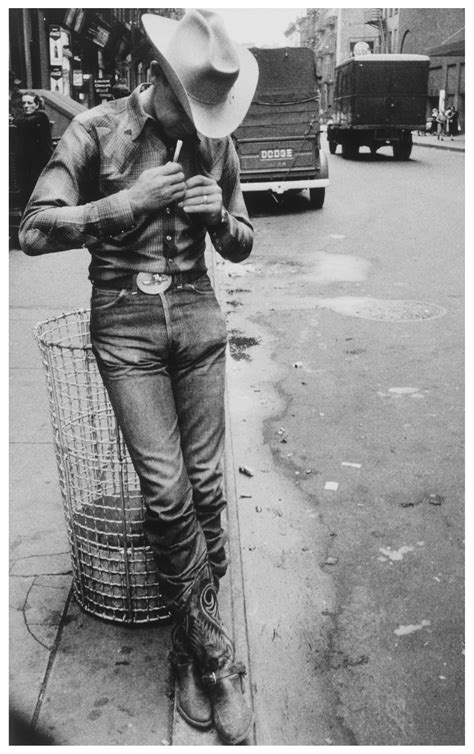A Quote by C. S. Lewis
This is our dilemma--either to taste and not to know or to know and not to taste--or, more strictly, to lack one kind of knowledge because we are in an experience or to lack another kind because we are outside it. [. . .] Of this tragic dilemma myth is the partial solution. In the enjoyment of a great myth we come nearest to experiencing as a concrete what can otherwise be understood only as an abstraction.
Related Quotes
Commercial roadways in communities that lack zoning laws, for example, are often an aesthetic nightmare not because of insufficient competition, and not because merchants are stupid or lack taste. Rather, the problem is that any individual merchant's sign won't be noticed unless it's bigger and more garish than those of rival merchants.
For me, the tabletop is an easy way to eliminate the possibilities of chords, modes, melodies, and harmonies. It kind of confines you to this other sound sphere. I know anyone facing this kind of dilemma could always just find another instrument more suitable to their needs, such as a sampler or synthesizer, but I figured I have a guitar and amp so why not just use them?
Here, I think, lies our real dilemma. Probably we cannot, certainly we shall not, retrace our steps. We are tamed animals (some with kind, some with cruel, masters) and should probably starve if we got out of our cage. That is one horn of the dilemma. But in an increasingly planned society, how much of what I value can survive? That is the other horn.
While I generally find that great myths are great precisely because they represent and embody great universal truths, the myth of romantic love is a dreadful lie. Perhaps it is a necessary lie in that it ensures the survival of the falling-in-love experience that traps us into marriage. But as a psychiatrist I weep in my heart almost daily for the ghastly confusion and suffering that this myth fosters. Millions of people waste vast amounts of energy desperately and futilely attempting to make the reality of their lives conform to the unreality of the myth.
I don't know when the idea of suicide first occurred to me. In some ways, it had been in the back of my mind for years. Yet, oddly, I would never have thought of it as an option. It was the perceived lack of options-the final, unacceptable solution to a grave and insoluble dilemma. I had always thought of it in the same way: If all else fails, if I have nowhere else to turn, I can do this.
A good taste in art feels the presence or the absence of merit; a just taste discriminates the degree--the poco piu and the poco meno. A good taste rejects faults; a just taste selects excellences. A good taste is often unconscious; a just taste is always conscious. A good taste may be lowered or spoilt; a just taste can only go on refining more and more.




































